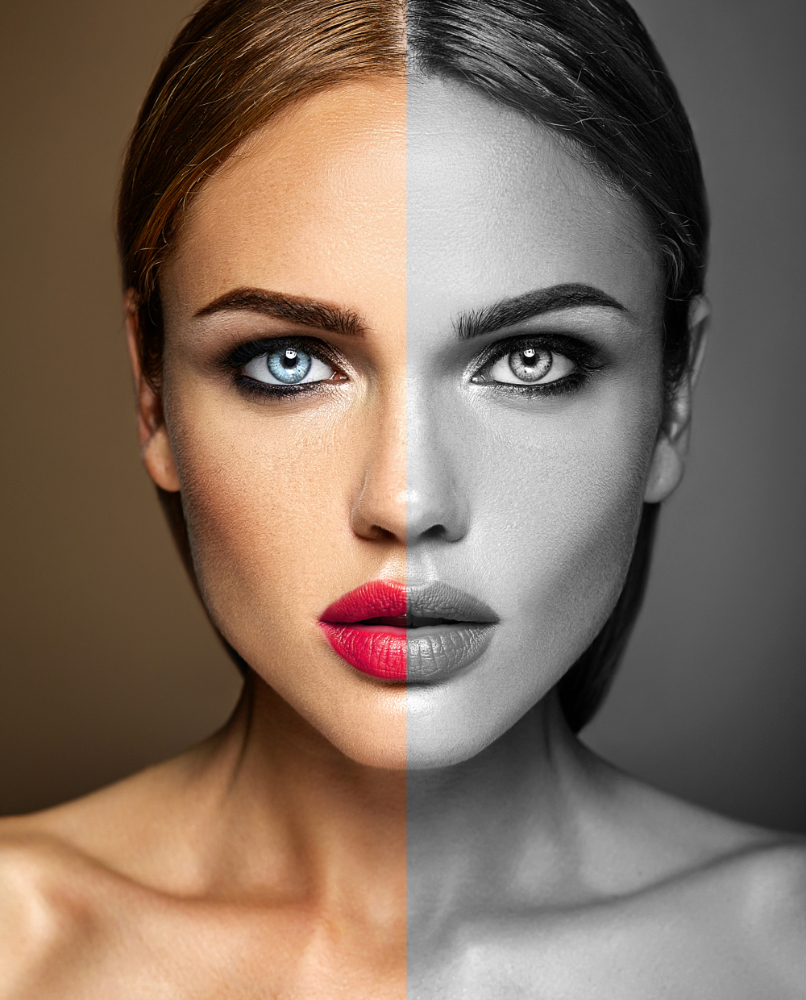
Advantages and Disadvantages of Permanent Makeup
Permanent makeup, also known as micropigmentation or cosmetic tattooing, has become an increasingly popular beauty trend in recent years. This technique involves implanting pigments into the skin’s top layer to enhance facial features and create the appearance of makeup that lasts for an extended period. While there are definite advantages to permanent makeup, there are also important considerations to keep in mind. In this article, we will explore the advantages and disadvantages of permanent makeup.
Advantages of Permanent Makeup
1. Time-Saving:
One of the primary benefits of permanent makeup is the time it saves. For individuals who spend a significant amount of time applying makeup daily, permanent makeup can eliminate the need for this routine. This can be especially beneficial for busy professionals or those with hectic lifestyles.
2. Long-Lasting Results:
As the name suggests, permanent makeup offers long-lasting results compared to traditional makeup. This is particularly appealing for people who want to maintain a consistent and polished appearance without the need for frequent touch-ups throughout the day.
3. Enhanced Features:
Permanent makeup allows individuals to enhance their natural features. Whether it’s defining eyebrows, adding a subtle eyeliner, or giving lips a fuller look, permanent makeup can provide a more defined and aesthetically pleasing appearance.
4. Medical Applications:
Permanent makeup can also have medical applications. It is often used to conceal scars, vitiligo, or uneven skin pigmentation resulting from medical procedures or conditions. Areola tattooing for breast cancer survivors is another example of how permanent makeup can contribute to post-surgery recovery.


Disadvantages of Permanent Makeup
1. Initial Discomfort and Healing Period:
The process of getting permanent makeup can cause some discomfort, including redness, swelling, and mild pain. Additionally, there is a healing period during which the treated area may scab and peel. This can be inconvenient and may require downtime.
2. Fading and Color Changes:
While permanent makeup is designed to be long-lasting, it is not truly permanent. Over time, the pigments can fade and change color due to factors such as sun exposure, skin type, and the quality of pigments used. This may necessitate touch-up sessions to maintain the desired look.
3. Allergic Reactions and Infections:
Just like with traditional tattoos, there is a risk of allergic reactions or infections with permanent makeup. It’s crucial to choose a reputable and experienced practitioner who follows strict sanitation and hygiene practices to minimize these risks.
4. Irreversible:
Perhaps the most significant disadvantage of permanent makeup is its permanence. While touch-up sessions can adjust the color or shape, it’s important to remember that the effects cannot be easily reversed. Trends and personal preferences may change over time, making permanent makeup choices less flexible.

Conclusion
Permanent makeup offers a range of advantages, from time-saving to enhanced aesthetics and even medical applications. However, it’s important to carefully weigh these benefits against the potential disadvantages, including the healing period, fading, and the risk of allergic reactions. Before opting for permanent makeup, individuals should conduct thorough research, consult with experienced professionals, and consider their own preferences and lifestyle to make an informed decision. As with any cosmetic procedure, proper education and understanding are key to achieving the desired results and maintaining overall satisfaction.








